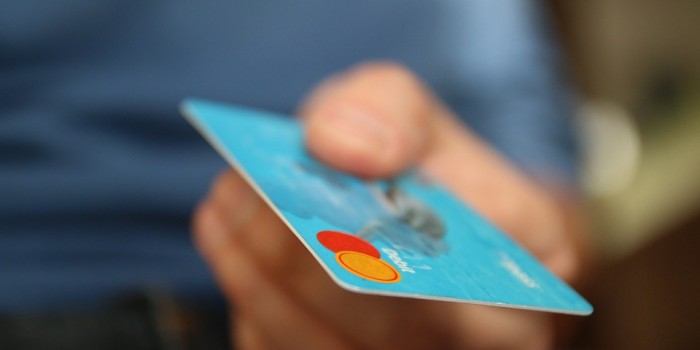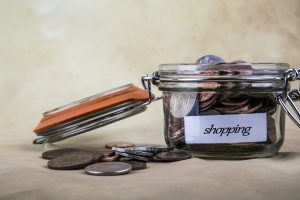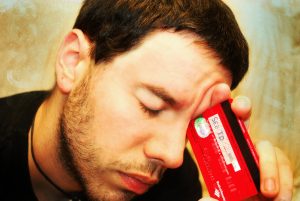Posted on July 26, 2016 by Courtney Frerichs, LMHC
Mental Health

Share
Was that simply a shopping spree, or are you a shopping addict?
 Many of us love to shop, myself included. And going on a shopping spree every once in a while is not indicative of a shopping addiction, especially in our materialistic society. According to Ruth Engs, a researcher and professor of health sciences from Indiana University, some people develop shopping addictions because they get addicted to how their brain feels while shopping. As they shop, their brain releases endorphins and dopamine, and over time, these feelings become addictive. Engs claims that 10 to 15 percent of the population may be genetically predisposed to addictive behaviors, especially when combined with other factors: anxiety, depression, or other substance abuse issues.
Many of us love to shop, myself included. And going on a shopping spree every once in a while is not indicative of a shopping addiction, especially in our materialistic society. According to Ruth Engs, a researcher and professor of health sciences from Indiana University, some people develop shopping addictions because they get addicted to how their brain feels while shopping. As they shop, their brain releases endorphins and dopamine, and over time, these feelings become addictive. Engs claims that 10 to 15 percent of the population may be genetically predisposed to addictive behaviors, especially when combined with other factors: anxiety, depression, or other substance abuse issues.
There doesn’t appear to be gender differences with this addiction, both males and females seem to compulsively  spend/shop equally. Shopping addiction can cost a person thousands, or more commonly, tens of thousands of dollars in credit card debt. And since money is frequently cited as the #1 cause of arguments between spouses, it is easy to understand how this can affect a marriage/family. Merely learning to budget their income is not a successful solution, nor is making more money. To solve this type of financial problem you must get to the reasons behind the compulsive or addictive shopping and deal with those.
spend/shop equally. Shopping addiction can cost a person thousands, or more commonly, tens of thousands of dollars in credit card debt. And since money is frequently cited as the #1 cause of arguments between spouses, it is easy to understand how this can affect a marriage/family. Merely learning to budget their income is not a successful solution, nor is making more money. To solve this type of financial problem you must get to the reasons behind the compulsive or addictive shopping and deal with those.
As with many things in our lives, things only become a problem when the consequences start piling up, or become unmanageable. In Matthew 6:24, Christ says we cannot serve God and money.
Contact LFS today to begin the path to an emotionally and fiscally debt free life.
More posts about Mental Health